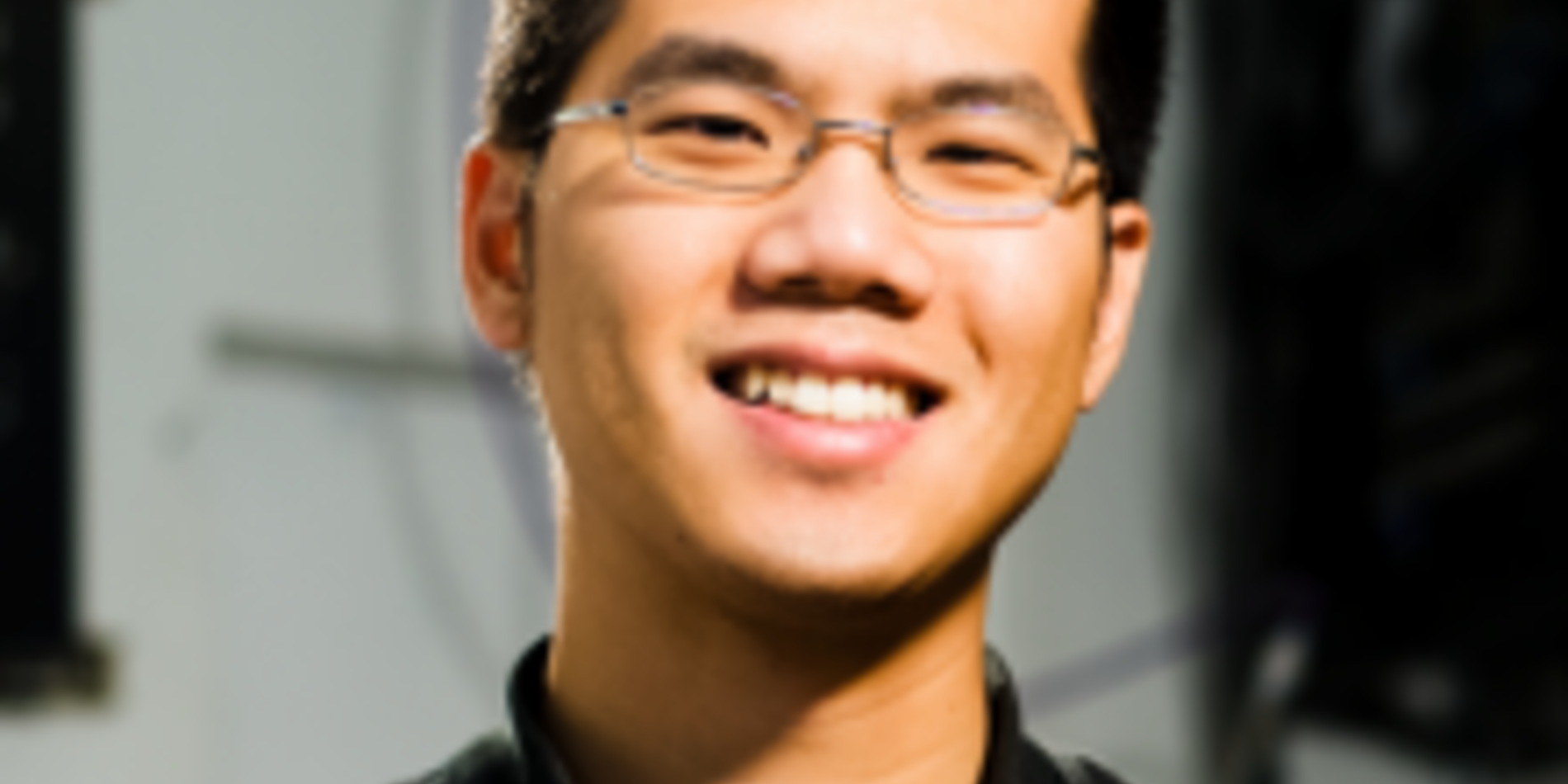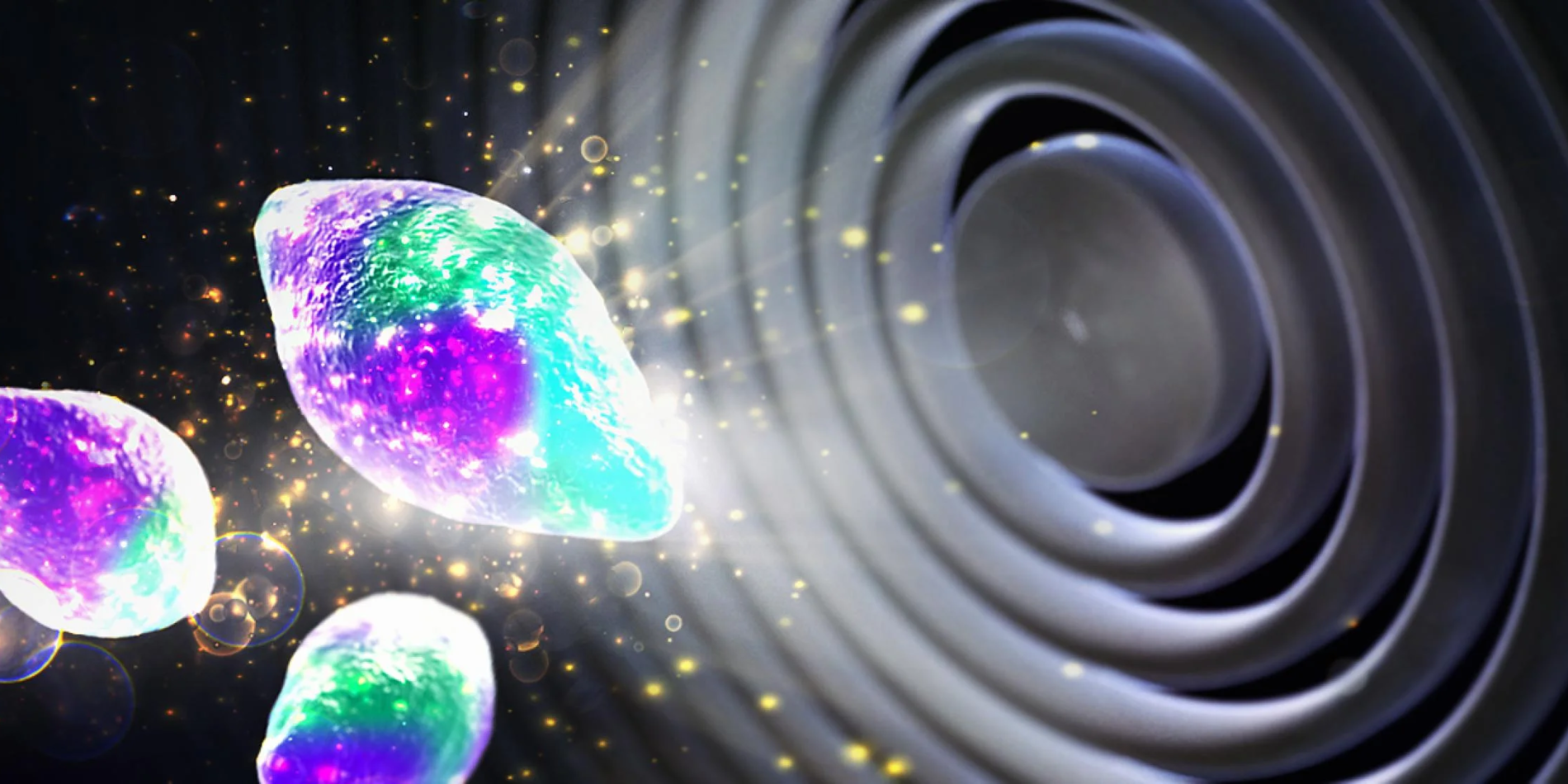
Will Chueh Receives 2023 David A. Shirley Award
His selection, by members of the ALS Users’ Executive Committee (UEC), recognizes Chueh’s deep contributions to operando soft x-ray spectromicroscopy for imaging electrochemical redox phenomena.
Group Values
As a group, we always strive to maintain a friendly environment that supports diversity and inclusion. We believe that diversity in thought and experiences greatly benefits scientific discourse and our ability to do meaningful work. Furthermore, equity in education and access is an important facet of our group’s mission. The group is always looking for creative individuals and we welcome people of all races, ethnicities, religions, gender identities and sexual orientations.
From Will Chueh: “Creativity is one of the most important ingredients to doing impactful research. Being creative means to combine diverse points of view and to draw from wide-ranging personal experiences, both scientific and non-scientific ones. Being inclusive in all facets is the key to access these diverse perspectives. I believe working with a diverse group of students, postdocs, staff and faculty will fuel your creativity and deepen the impact of the research that you do. Creativity, diversity, and inclusion come hand in hand.”
Research Mission
The availability of low-cost but intermittent renewable electricity (e.g., derived from solar and wind) underscores the grand challenge to store and dispatch energy so that it is available when and where it is needed. Redox-active materials promise the efficient transformation between electrical, chemical, and thermal energy, and are at the heart of carbon-neutral energy cycles.
Understanding design rules that govern materials chemistry and architecture holds the key towards rationally optimizing technologies such as batteries, fuel cells, electrolyzers, and novel thermodynamic cycles. Electrochemical and chemical reactions involved in these technologies span diverse length and time scales, ranging from Ångströms to meters and from picoseconds to years.
As such, establishing a unified, predictive framework has been a major challenge. The central question unifying our research is: “can we understand and engineer redox reactions at the levels of electrons, ions, molecules, particles and devices using a bottom-up approach?” Our approach integrates novel synthesis, fabrication, characterization, modeling and analytics to understand molecular pathways and interfacial structure, and to bridge fundamentals to energy storage and conversion technologies by establishing new design rules.
We specifically work on reactions and devices based on the migration of Li+, H/OH-, Na+/K+ and O2-.

The Chueh Lab
Materials Science and Engineering
Durand Building
Stanford University
Stanford, CA 94305
The accessibility content below is required by University Communications for all large units at Stanford:
Web Accessibility
Stanford University is committed to providing an online environment that is accessible to everyone, including individuals with disabilities.
Having trouble accessing any of this content due to a disability? Learn more about accessibility at Stanford and report accessibility issues


